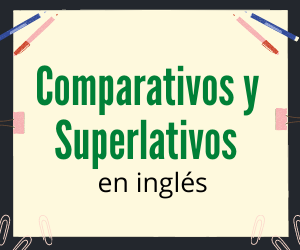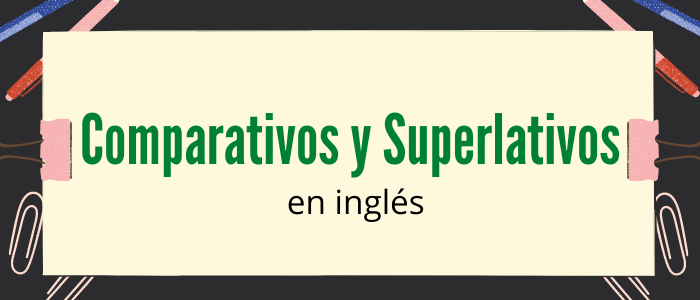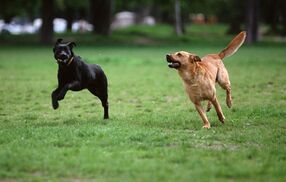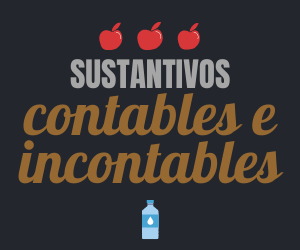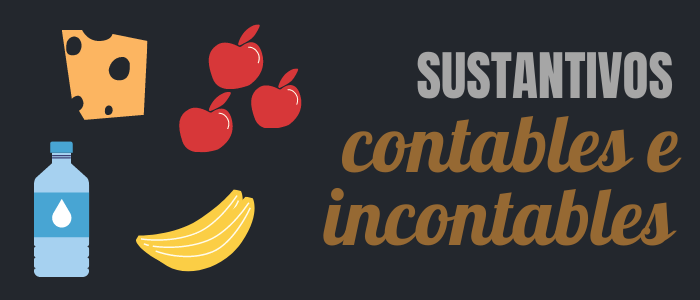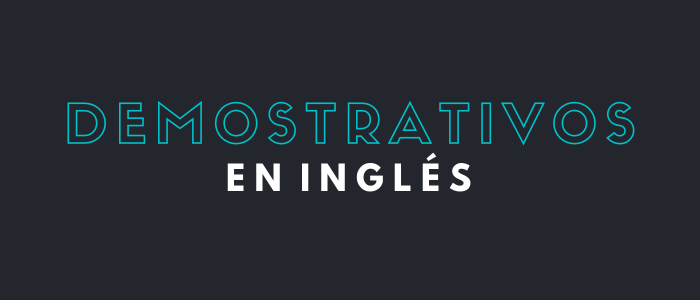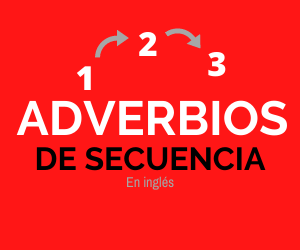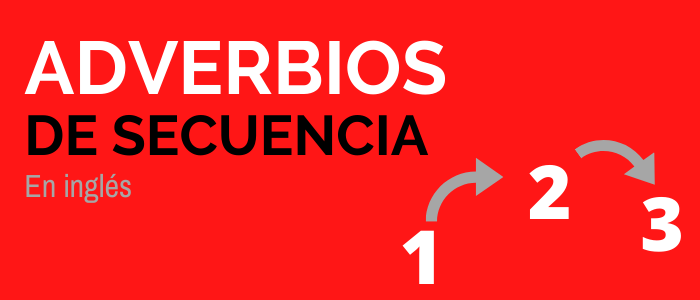Veamos ahora cuáles son las expresiones temporales y adverbios que van siempre acompañadas del pasado simple.
- I saw him yesterday at home - Yo lo vi ayer en casa.
- We received your email yesterday morning - Recibimos su correo electrónico ayer por la mañana.
- He left the hospital yesterday afternoon - Él salió del hospital ayer por la tarde.
- Yesterday evening, she called me - Ayer por la noche me llamó.
- Yesterday, she went to the beach with her friends - Ayer, ella fue a la playa con sus amigas.
- Where were you yesterday? - ¿Dónde estabas ayer?
- I called you last night - Te llamé anoche.
- She didn't come to school last week - Ella no vino a la escuela la semana pasada.
- Last weekend, I looked after my little niece - El fin de semana pasado cuidé a mi sobrinita.
- They ate pizza last Saturday - Ellos comieron pizza el sábado pasado.
- He arrived in Cuba last May - Él llegó a Cuba el pasado mes de mayo.
- We bought a new house last month - Nosotros compramos una casa nueva el mes pasado.
- My family and I went to Paris last year - Mi familia y yo fuimos a París el año pasado.
- I visited my parent last Christmas - Visité a mis padres la Navidad pasada.
- Last spring, I took a trip to Madrid - La primavera pasada, hice un viaje a Madrid.
Está expresión temporal puede tener un significado diferente si se incluye el artículo indefinido "the".
- "last Saturday" significa el sábado pasado, el anterior a que estemos hablando.
- "the last Saturday" significa el último sábado en un período de tiempo, es decir: "the last Saturday of February (the fourth Saturday in February)".
- Who switched off the lights a minute ago? - ¿Quién apagó las luces hace un minuto?
- The movie ended ten minutes ago - La película terminó hace diez minutos.
- I got here a half-hour ago - Llegué hace media hora.
- Your mother called about an hour ago - Tu madre llamó hace una hora.
- They left two weeks ago - Ellos se fueron hace dos semanas.
- I worked in a factory three years ago - Trabajé en una fábrica hace tres años.
- The dinosaurs died out 65 million years ago - Los dinosaurios se extinguieron hace 65 millones de años.
- The concert happened a long time ago - El concierto ocurrió hace mucho tiempo.
- How long ago did he arrive? - ¿Cuánto tiempo hace que llegó?
- I saw her the other day - La vi el otro día.
- He called the other night - Él llamó la otra noche.
- My wife left me the day before yesterday - Mi esposa me dejó anteayer/antier.
Usos:
- Usamos "in" con meses, años, décadas y siglos.
- Usamos "on" con fechas específicas.
- Usamos "at" con horas específicas del día.
Ejemplos:
- I moved to North Korea in June - Me mudé a Corea del Norte en junio.
- They got married in 1995 - Ellos se casaron en 1995.
- The Beatles were a popular band in the 60's and 70's - Los Beatles fueron una banda popular en los años 60 y 70.
- The Industrial Revolution began in Great Britain in the 18th century - La Revolución Industrial comenzó en Gran Bretaña en el siglo XVIII.
- The attack was on September 11, 2011 - El ataque fue el 11 de septiembre de 2011.
- On my last birthday, I had the best birthday ever - En mi último cumpleaños, tuve el mejor cumpleaños de mi vida.
- She had breakfast at 9 - Ella desayunó a las 9.
- We went for a walk at noon - Salimos a caminar al mediodía.
- I talked to them at lunchtime - Hablé con ellos a la hora del almuerzo.
- I read that fairy tale during my childhood - Leí ese cuento de hadas durante mi infancia.
- The following events happened during 2011 in Colombia - Los siguientes hechos ocurrieron durante 2011 en Colombia.
- My parents moved to Chicago when I was a baby - Mis padres se mudaron a Chicago cuando yo era un bebé.
- When I was at school, I used to wear a uniform - Cuando estaba en la escuela, solía usar uniforme.
- I stayed in London for three days - Me quedé en Londres durante tres días.
- She lived in Portugal for a year - Ella vivió en Portugal durante un año.
- He always worked late - Él siempre trabajaba hasta tarde.
- She was always by my side - Ella siempre estuvo a mi lado.
- She never invited me to his parties - Ella nunca me invitó a sus fiestas.
- It happened too often in the past - Ocurrió con demasiada frecuencia en el pasado.
- Her father frequently changed jobs - Su padre cambiaba de trabajo con frecuencia.
- My sister seldom stepped out of her room - Mi hermana rara vez salía de su habitación.
- My mom talked to him once at my wedding - Mi mamá habló con él una vez en mi boda.


